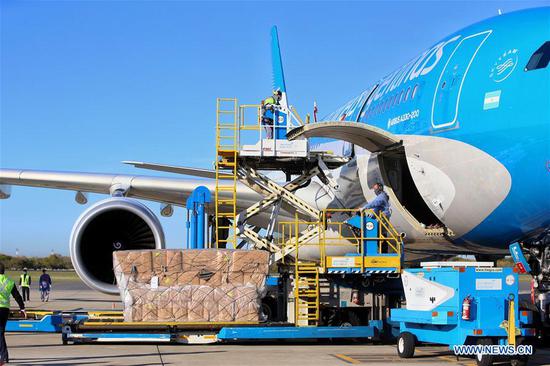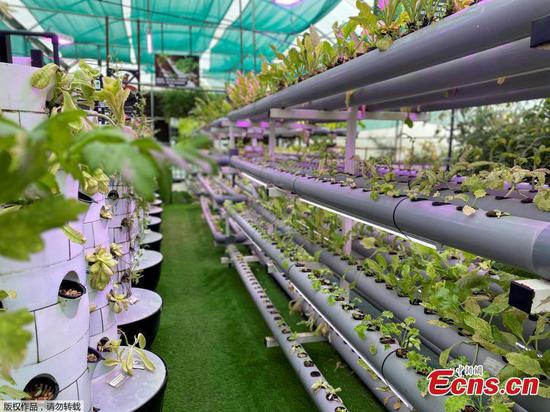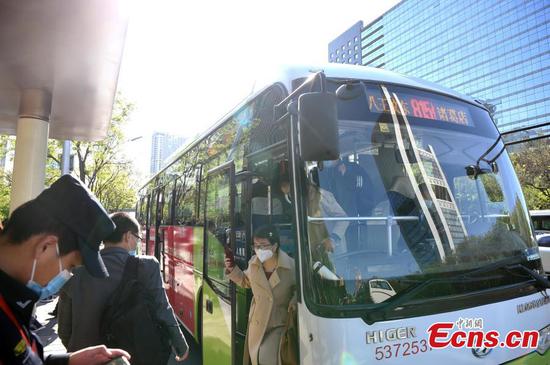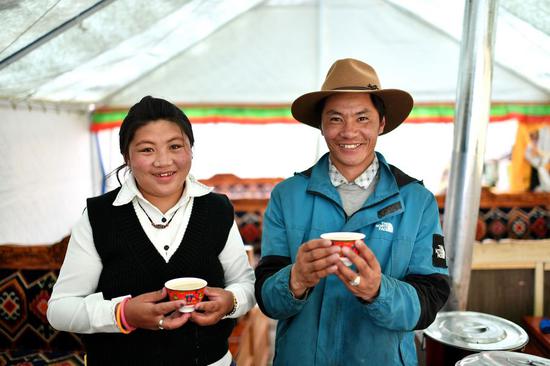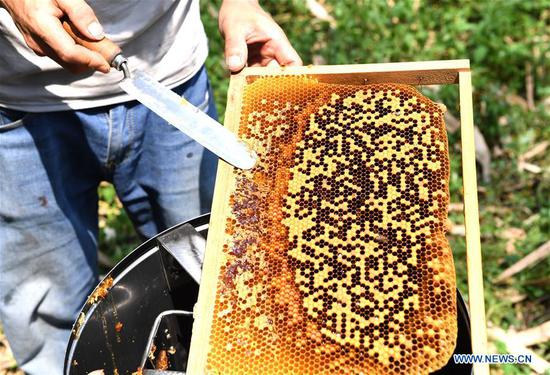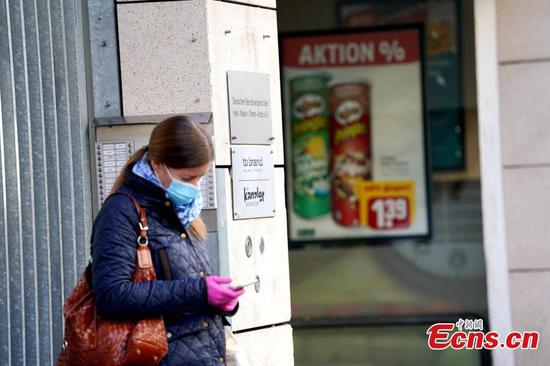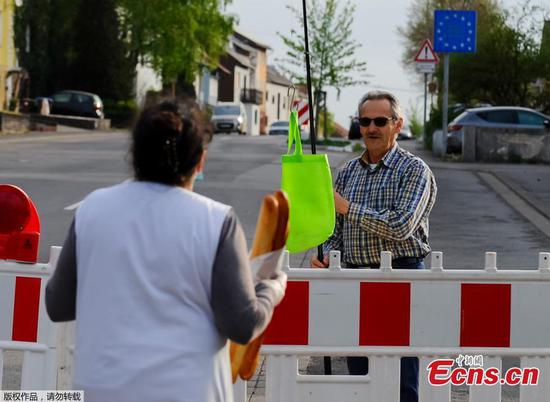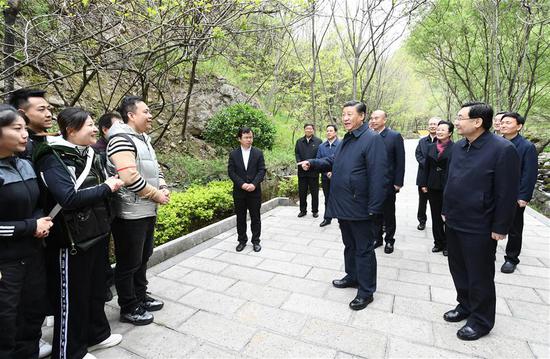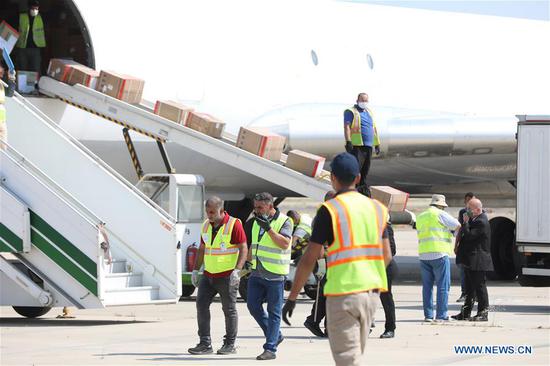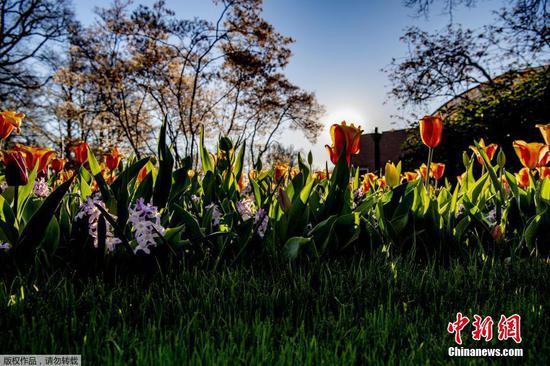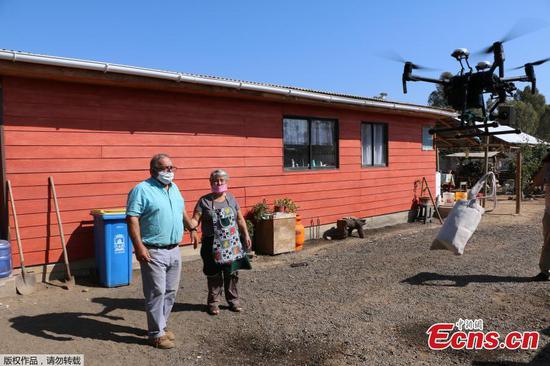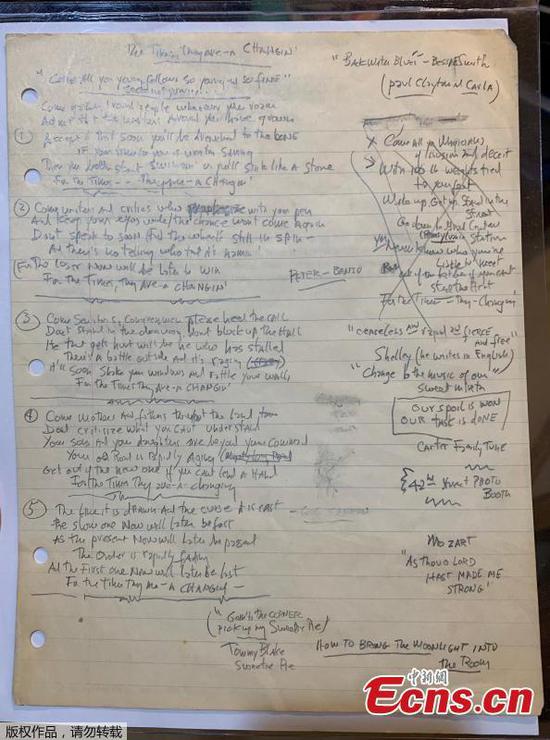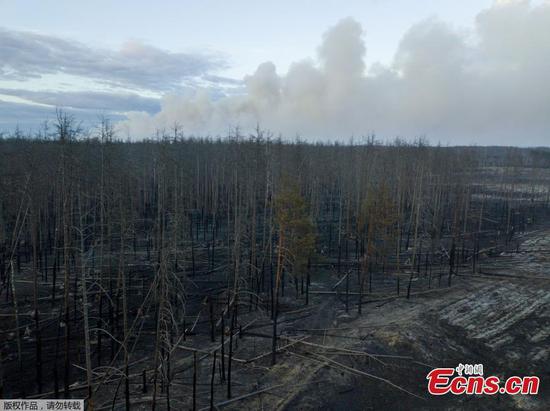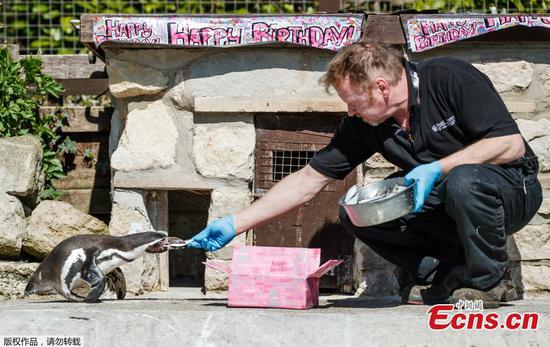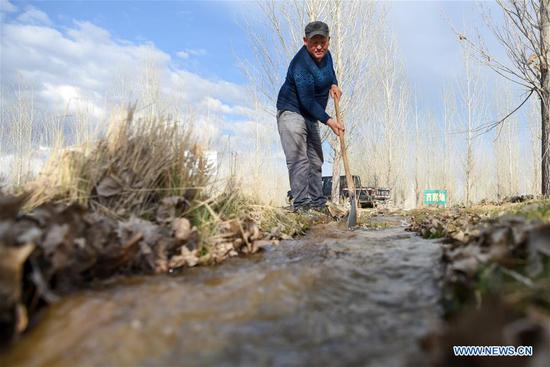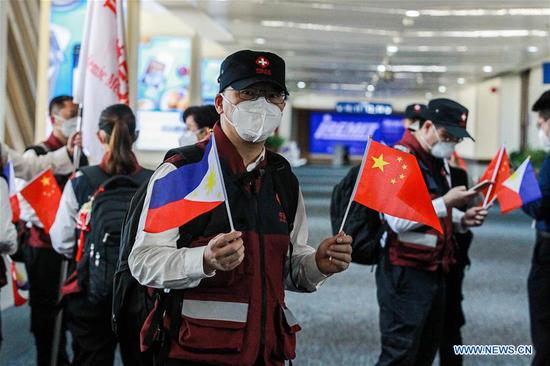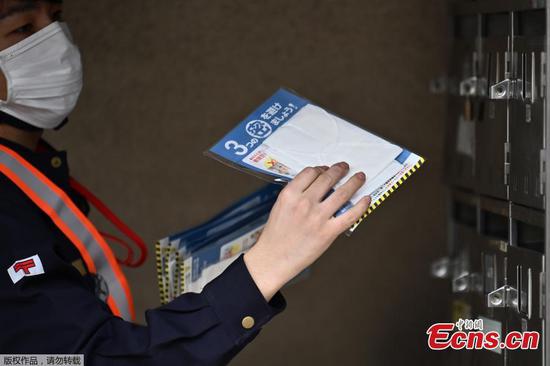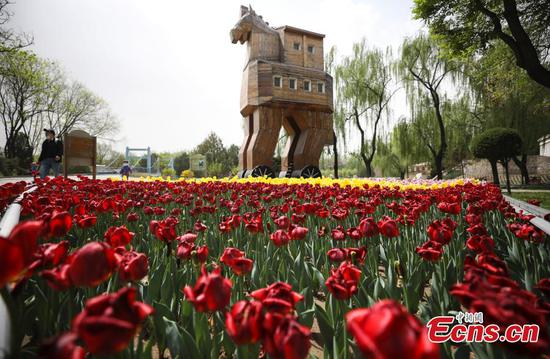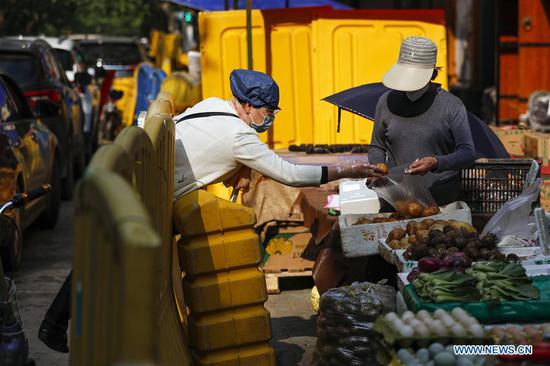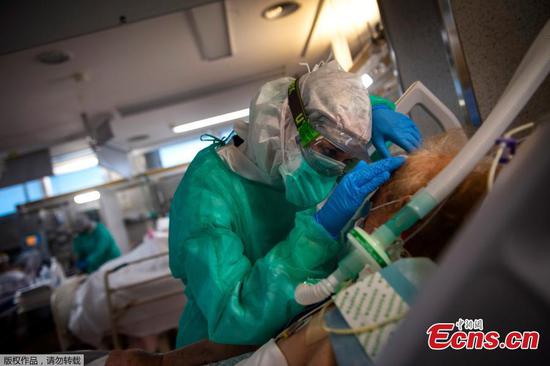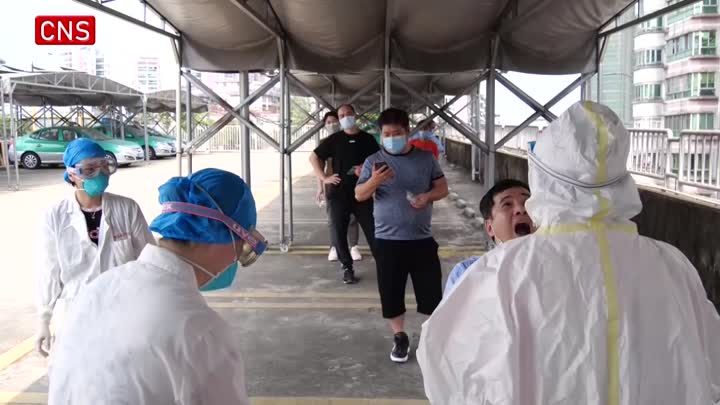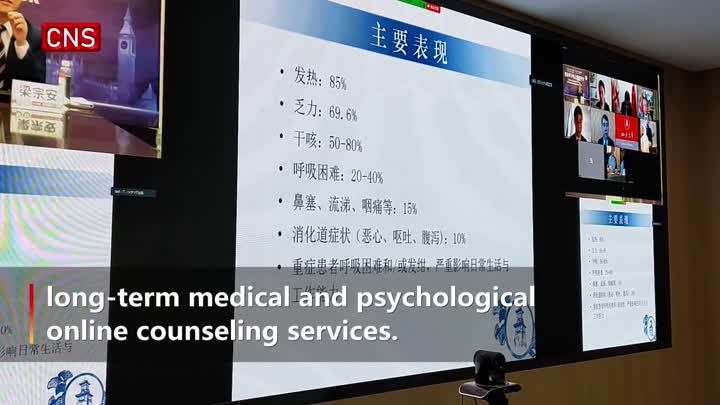A Chinese envoy on Tuesday asked the international community to address the root causes of hunger by working toward the peaceful settlement of conflicts and by promoting inclusive and balanced development.
It is imperative to prevent and resolve conflicts and to promote dialogue and political settlement of hot-spot issues, Zhang Jun, China's permanent representative to the United Nations, told the Security Council in a debate on the protection of civilians affected by conflict-induced hunger.
The Security Council should keep up to its primary responsibility for the maintenance of international peace and security and promote the resolution of conflicts through political and diplomatic means in order to relieve civilians from sufferings of war, including from hunger, he said.
The international community should pay high attention to issues in Africa, and support the good offices and mediation efforts of the African Union and other regional organizations, said Zhang.
He called on all relevant parties to support UN Secretary-General Antonio Guterres' appeal for a global cease-fire, and asked them to ensure unhindered humanitarian access, including food supply.
It is essential to promote inclusive and balanced development and always take development as a priority, said Zhang. "It's difficult to achieve development without peace. What is also true is that it is hard to realize sustainable peace without development."
Development is fundamental to resolving various global issues. It is especially important to support the efforts of Africa and other regions to eradicate poverty and advance the 2030 Agenda for Sustainable Development, said Zhang.
Great attention and inputs should be given to the reconstruction of conflict areas, promoting political and economic processes and peacekeeping and peacebuilding processes in parallel, while increasing the development of capacity of countries concerned to prevent food crises and other humanitarian disasters in a fundamental way, he said.
He also stressed the importance of international cooperation in promoting global food security.
The international community should jointly take urgent action to ensure unobstructed global food supply chains and maintain food supply and price stability, he said. "We must support the Food and Agriculture Organization (FAO) and the World Food Programme in playing their unique coordinating role in providing humanitarian assistance to countries concerned to prevent large-scale famine."
Unilateral sanctions must be lifted as soon as possible. Member states should stabilize the industrial supply chains, reduced tariff barriers, facilitate trade, and ensure the uninterrupted global supply of food and agricultural products, said Zhang.
Humanitarian operations should be conducted in accordance with the purposes and principles of the UN Charter and the relevant humanitarian guiding principles while respecting the sovereignty of countries concerned, he said.
China, as a large agricultural nation, attaches great importance to food security. On the basis of achieving food self-sufficiency, China is always actively engaged in international agriculture and food cooperation, he said.
China has provided assistance to other developing countries within its capacity, said Zhang. Since the outbreak of COVID-19 and the Asian-African locust plague, China has given active support to other countries in combating the epidemic and has sent locust control teams to share its experience and help the affected countries.
China is ready to strengthen cooperation with all parties to safeguard global food security and work together to create a world free of hunger and poverty, he said. "We are ready to provide solid support for all peoples in their quest for greater development and make greater contributions to building a world of lasting peace and common prosperity and a better future shared by all mankind." Enditem









